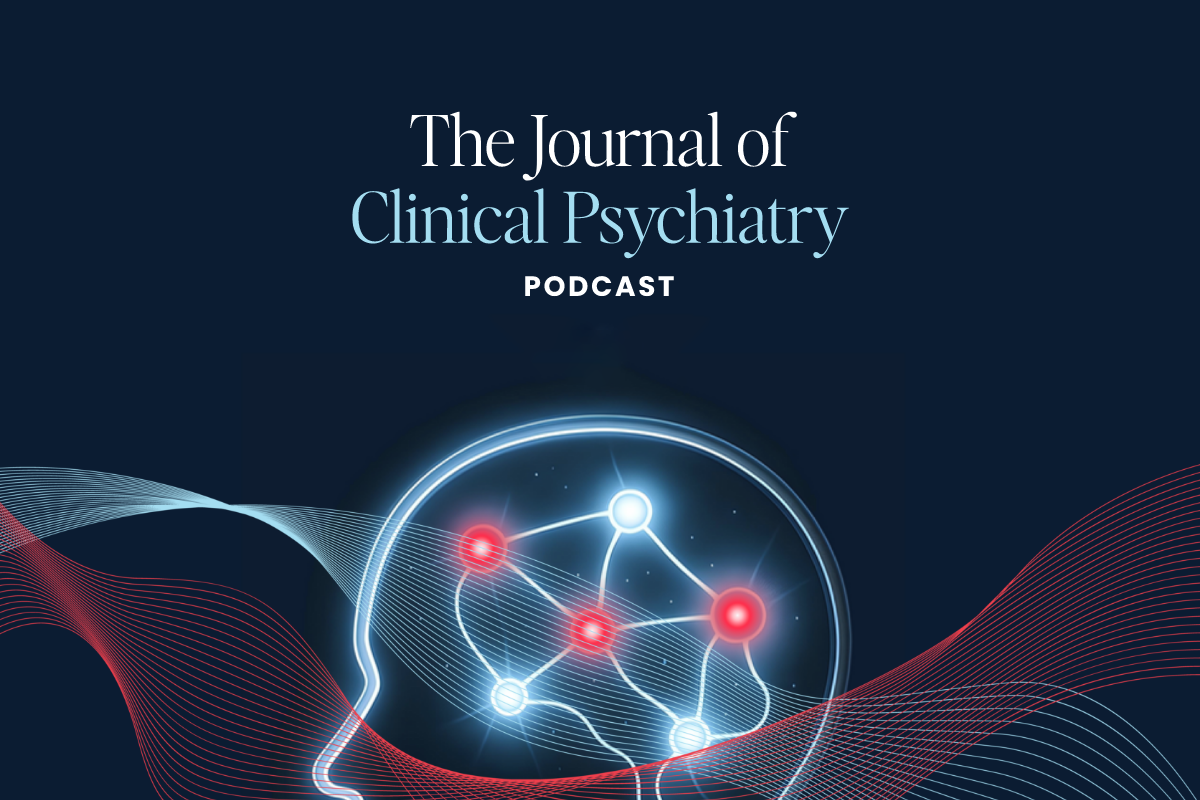One prominent medical group is hoping the term “excited delirium” will go the way of the dinosaur. Earlier this week, the American College of Emergency Physicians (ACEP) reaffirmed its position against use of the phrase and withdrew its support for a controversial paper on the topic.
“ACEP’s 2009 White Paper Report on Excited Delirium Syndrome is outdated and does not align with the College’s position based on the most recent science and better understanding of the issues surrounding hyperactive delirium. ACEP has withdrawn its approval of this paper,” the organization wrote in a statement posted on their website. “The term excited delirium should not be used among the wider medical and public health community, law enforcement organizations, and ACEP members acting as expert witnesses testifying in relevant civil or criminal litigation.”
COVID-19 Delirium and Motoric Subtypes
Pediatric Delirium is an Often Overlooked Complication in Hospitalized Kids
Delirium in the Context of Zonisamide-Induced Toxic Epidermal Necrolysis
“This means if someone dies while being restrained in custody…people can’t point to excited delirium as the reason and can’t point to ACEP’s endorsement of the concept to bolster their case,” Brooks Walsh, MD, a Connecticut emergency doctor who pushed the organization to strengthen its stance, told the Associated Press.
California became the first state to ban the use of excited delirium–often abbreviated ExD in medical literature–or related descriptions as a cause of death in autopsies. Gov. Gavin Newsom signed legislation earlier this week prohibiting police officers from using it to define behavior in arrest reports.
Problematic Legacy
The term has a long and troubled history. First noted in the mid-1800s, the term typically applies to a patient showing delirium and agitation. This often leads to sudden struggle cessation, respiratory arrest, and ultimately, death. Studies show that law enforcement encounters disproportionally link ExD diagnosis to Black individuals, particularly Black men. These encounters are associated with significantly higher injury and mortality rates.
ExD famously became a factor during the trial of Derek Chauvin, the former Minneapolis police officer found guilty of killing an African American man named George Floyd during an arrest. Chauvin’s defense lawyers argued that Floyd may have been suffering an ExD episode at the time of his arrest, which caused him to struggle with extreme strength and agitation. The attorneys claimed that Chauvin leaned on Floyd’s neck for nearly nine and a half minutes to gain control of the situation. However, a paramedic who was at the scene testified that he didn’t see signs of the ExD in Floyd. The medical examiner determined Floyd died from “subdual, restraint and neck compression,” which caused his heart and lungs to stop.
Diagnostic Controversy, Clarity
ExD doesn’t appear in the DSM-5, long considered the diagnostic bible of psychiatric conditions. Leading medical groups don’t recognize it as a formal diagnostic entity either. To the contrary, organizations including the American Medical Association (AMA) and the American Psychiatric Association (APA), have opposed its use. The APA has noted that ExD is “too non-specific to meaningfully describe and convey information about a person.” Similarly, the AMA has issued a statement that ExD lacks a “clear set of diagnostic criteria.”
Instead of ExD, the ACEP statement acknowledged “hyperactive delirium syndrome” as a serious and potentially life-threatening condition. Severe agitation, elevated vital signs such as temperature and blood pressure, and mental confusion characterize this condition. Emergency doctors and specialized paramedics are usually the first to identify and manage this syndrome.
Patients experiencing hyperactive delirium syndrome are prone to injuries, such as falls, and may require physical restraint for everyone’s safety. ACEP said it advocates for better training and teamwork between medical staff and law enforcement. The primary aim, the statement read, is to alleviate the patient’s stress, prevent physical harm, and ensure prompt medical attention in an emergency department.



